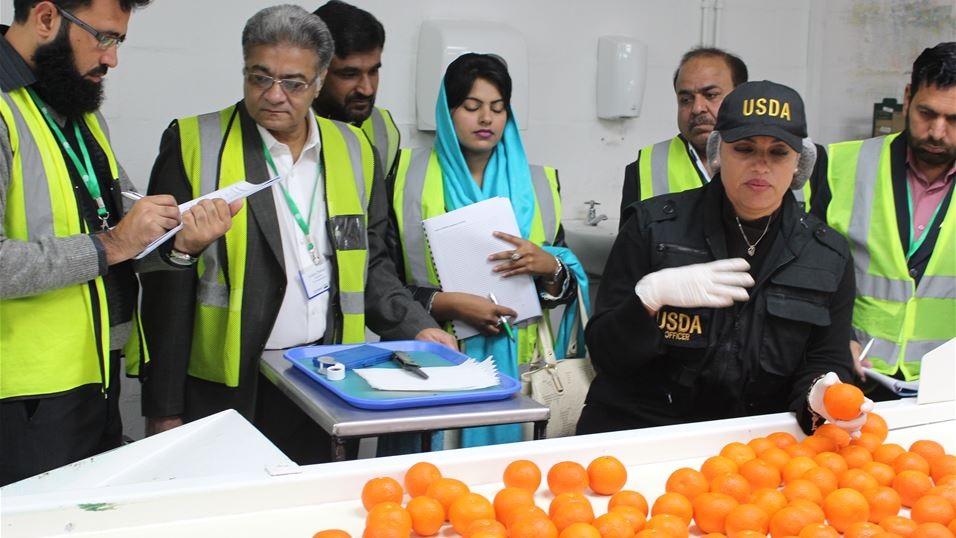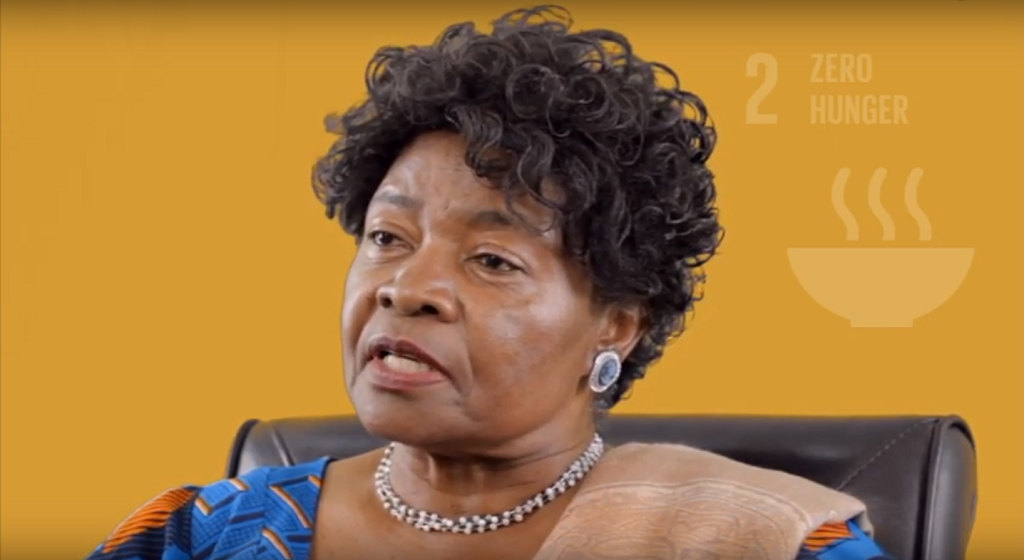Cotton harvest picture special
The power of the image paints a picture that speaks a thousand words and that is certainly the case with these fantastic images taken by photographer Asim Hafeez. Asim was commissioned by CABI to document the process of harvesting cotton in Pakistan – the country’s largest industrial sector – where more than 500,000 farmers…
Chocolate SDGs unwrapped
“The Sustainable Development Goals (SDGs), otherwise known as the Global Goals, are a universal call to action to end poverty, protect the planet and ensure that all people enjoy peace and prosperity.”1 Should we prioritise chocolate in this universal call to action? Threats to the cocoa industry including low productivity, marketing challenges, pests and disease,…
Dr Rob Reeder goes ‘bananas’ about pests and diseases on the Urban Farm Podcast
Plant pathologist Dr Rob Reeder has this week spoken to Greg Peterson of the US-based Urban Farm Podcast about how the global supply of bananas (particularly the Cavendish variety) could be put at risk from a three-pronged attack of pests and diseases. In the podcast, Dr Reeder reveals the reasons why the fungus known as…
How Genetically Modified Organisms (GMOs) Enter the Food Chain in non-GMO Producing Countries
How Genetically Modified Organisms (GMOs) Enter the Food Chain in non-GMO Producing Countries - by Tatjana Brankov A superficial review of the legislation on transgenic foods and feeds indicates that consumers in non-GMO producing countries consume GMO-free food. However, less attention is paid to the fact that GMOs can enter the food chain through the import of transgenic foodstuff and feedstuff or by contamination. In some countries, transgenic food production is fully equal to conventional production. The concept of substantial equivalence, developed by the OECD and further elaborated by FAO/WHO “embodies the concept that if a new food or food component is found to be substantially equivalent to an existing food or food component, it can be treated in the same manner with respect to safety, i.e. the food or food component can be concluded to be as safe as the conventional food or food component” (FAO/WHO 1996). Such a…
Building capacity for greater food security in Pakistan
As part of CABI’s mission to help farmers grow more and lose less, we have been funded by USAID – via the United States Department of Agriculture (USDA) – to help Pakistan improve its sanitary and phytosanitary (SPS) systems and therefore open up its fruit and vegetables to more high-end global markets that were previously untapped. Currently these products only contribute 13% of the country’s export but improvements to its SPS capabilities could see this number rise significantly.
Irrigation facilities to enhance all year seed supply by farmers in central Uganda
Lack of access to quality seed, particularly of traditional crops that are not well integrated into the formal sector, remains a key challenge for increased productivity of these crops in African farming systems. CABI, working with national and regional partners, aims to strengthen seed systems in Africa through developing farmer seed enterprises and linkages to…
Stuffed and starved: is sufficiency the new efficiency?
Attending a recent Chatham House event, one statistic seemed to encapsulate the crisis of our current food system: 795 million eat too little while 2 billion eat too much. After the initial shock of hearing this, I couldn’t help but wonder; if there’s plenty of food to go around why are we simultaneously starving and…
Capitalising on Africa’s agriculture to achieve ‘zero hunger’
CABI board member Professor Ruth Oniang'o talks about winning the 2017 Africa Food Prize and how CABI is working towards helping to achieve the UN Sustainable Development Goal 2: Zero Hunger.
Building a climate-smart cassava value chain: The role of partnerships
This is one of a two-part blog series following my visit to Africa supported by CABI’s development bursary In June 2017, I visited Zanzibar, Tanzania, to attend a 5-day planning meeting organised by the Africa Cassava Agronomy Initiative (ACAI). The purpose of this planning meeting was to bring together all project partners to identify project…




